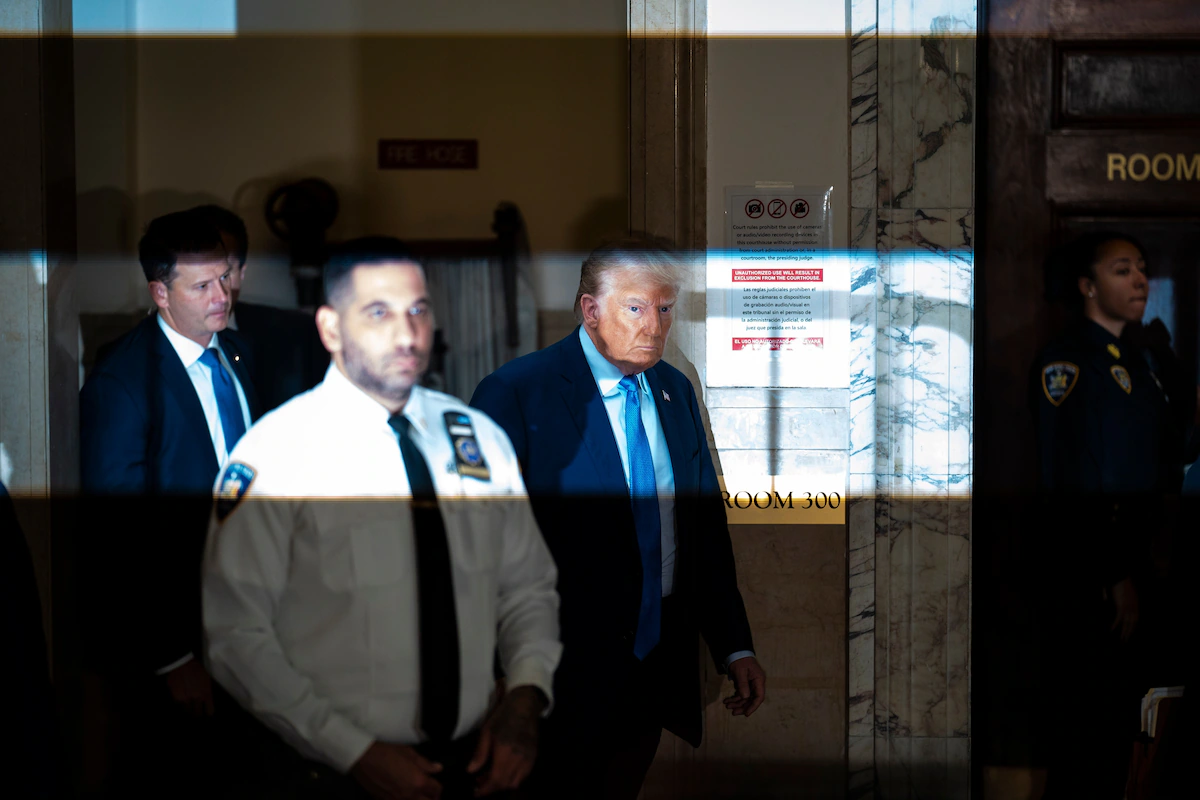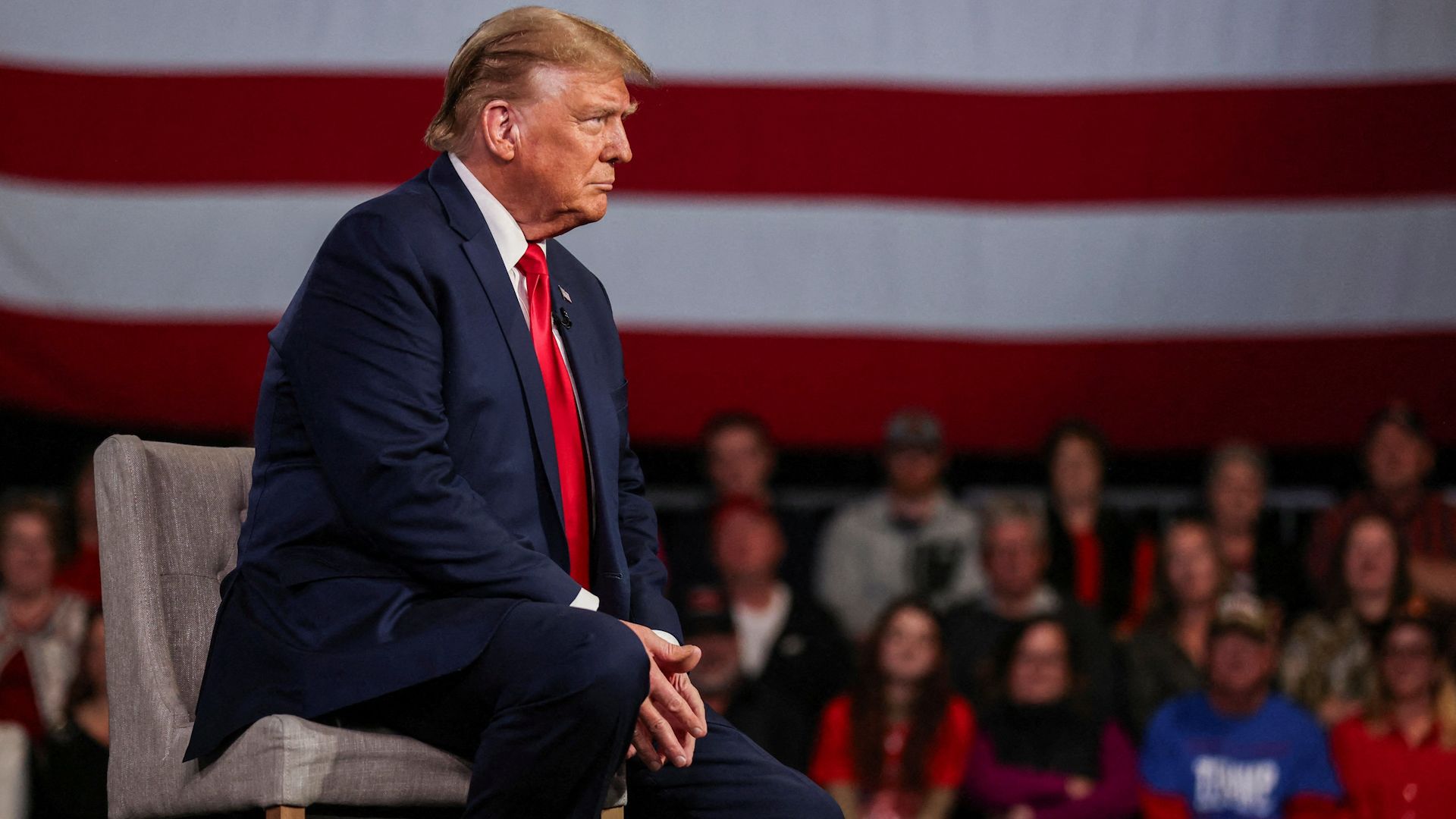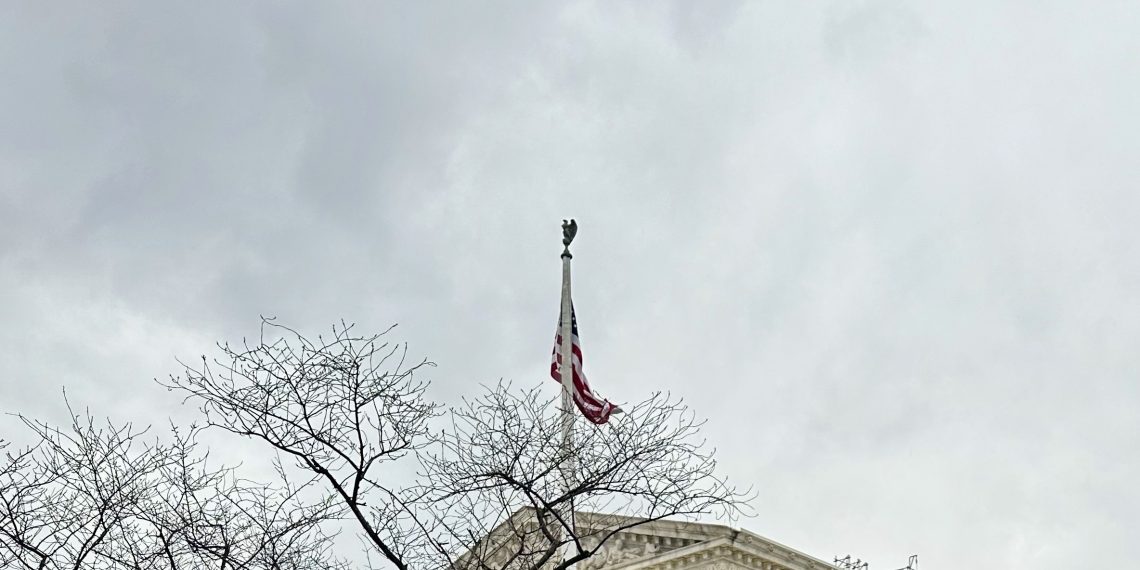Legal experts predict the U.S. Supreme Court will dismiss Donald Trump‘s claim of presidential immunity regarding his actions to overturn the 2020 election outcome.
While lower courts have rejected Trump’s immunity plea, the Supreme Court’s delayed scheduling until late April raises concerns about concluding the trial before the November election, potentially benefiting Trump’s presidential aspirations.
Critics argue that the court’s sluggish response, coupled with its conservative majority and Trump’s influence, underscores broader political implications.

The delayed proceedings complicate trial timelines, exacerbating uncertainties surrounding four criminal prosecutions against Trump. These legal battles, including charges related to hush money paid to Stormy Daniels before the 2016 election, intensified amid Trump’s plea of not guilty, denouncing them as politically driven.
Trump’s legal strategy focuses on discrediting charges as politically motivated, leveraging delays to reinforce this narrative. With trials entangled in procedural wrangling, the prolonged legal process grants Trump leeway to shape public opinion and potentially sway electoral outcomes.
Republican strategists perceive the trial delays as advantageous to Trump’s political campaign, allowing him to rally supporters around claims of persecution.
Trump’s efforts to portray charges as politically motivated find resonance among Republican voters, bolstered by his longstanding record of leveraging court delays for strategic advantage.

However, legal experts caution that delays could hinder justice, emphasizing the importance of a speedy trial. The Supreme Court’s eventual ruling, likely rejecting Trump’s immunity claim, will have significant ramifications, shaping the trajectory of his legal battles and political future.
As the legal saga unfolds, questions linger over the court’s willingness to act promptly and uphold justice amid mounting political pressures. The intersection of law and politics underscores the complexity of Trump’s legal predicament and its implications for American democracy.


















